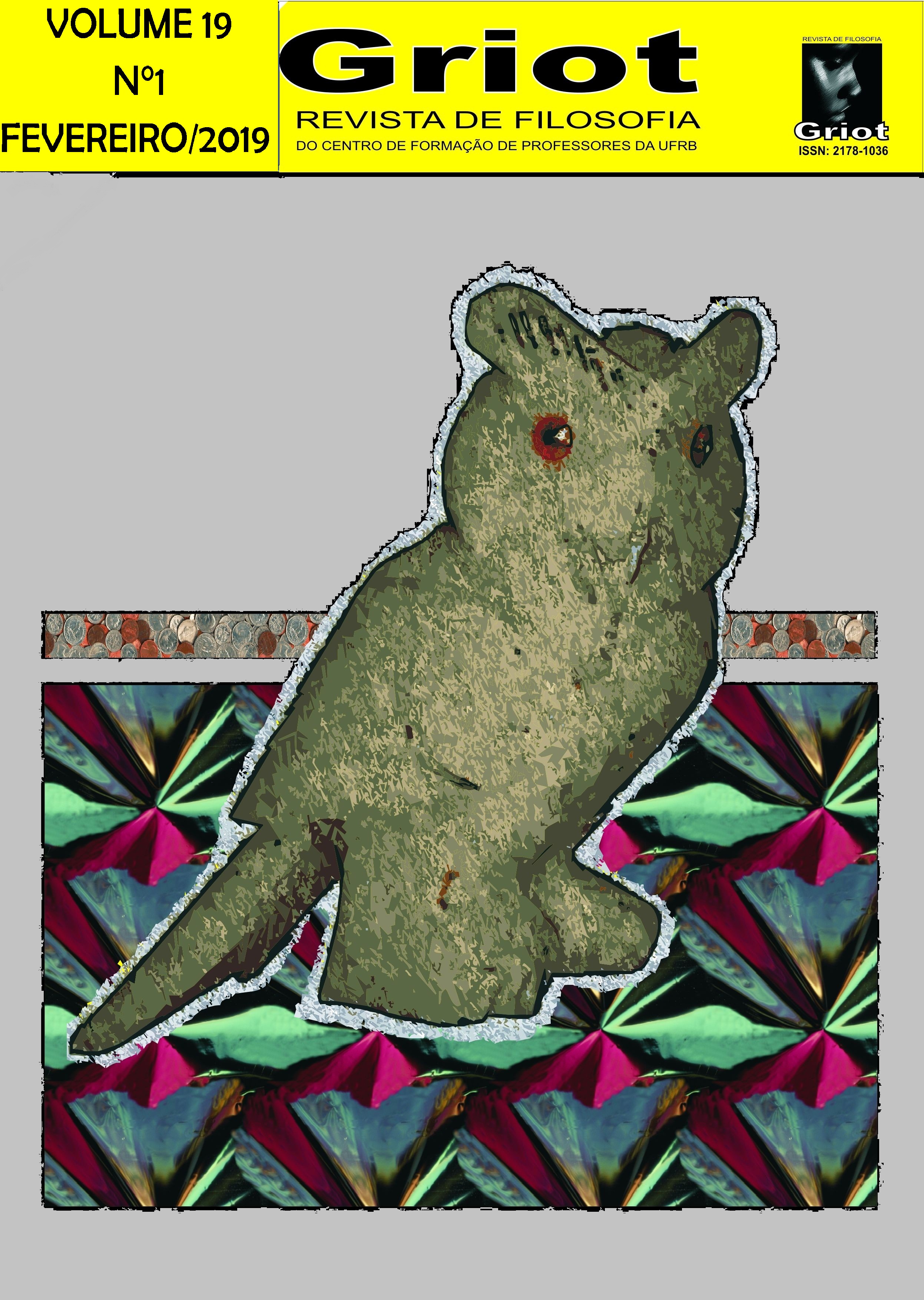The political philosophy of Martín de Azpilcueta (1492-1586) and the popular civil authority issue
DOI:
https://doi.org/10.31977/grirfi.v19i1.1154Keywords:
: Martín de Azpilcueta; Late scholasticism; Political philosophy; Popular power, Natural law.Abstract
In this article we intend to establish the bases that Martín de Azpilcueta demonstrates his foundation of political authority to reflect on how this thinker articulates his argument to present the people as the original holder of the civil power by natural right. To achieve this objective it will be present how the author relates and distinguishes the ecclesiastical power from secular or civil power. So, it will be shown how the Spanish thinker establishes his foundation of popular civil authority by claiming that civil power legitimizes itself by having its origin in God because it is your natural order and it is given immediately to the community of mortals. According to the thought of Martín de Azpilcueta, it is possible to consider that the secular political authority has the people as its legitimate depository and results in the original equality of all men in public life. In order to accomplish the objective presented in this paper, we will specifically study Notabile tertium present in the work Martín de Azpilcueta called Relectio C. Novit de Iudiciis first published in Coimbra in the year 1548.
Downloads
References
ARISTOTLE. Categories. In: BARNES, Jonathan. The Complete Works of Aristotle. The Revised Oxford Translation. 2 vols. (Bollingen Series, 71: 2). 1984.
AZPILCUETA, Martín de. Relectio c. Novit de Iudiciis. In: CALAFATE, Pedro. A Escola Ibérica da Paz nas Universidades de Coimbra e Évora (Séculos XVI e XVII) (vol. II). Coimbra: Edições Almedina, p. 23-181, 2015.
CALAFATE, Pedro. O pensamento político de Martín de Azpilcueta: sobre o poder supremo. Filosofia Unisinos, v. 18, n. 3, p. 203-212, 2017.
CASTAÑEDA, E. El Dr. Navarro, Martín de Azpilcueta y la doctrina del poder indirecto. In: Archivo teológico granadino, n. 5, p. 63-94, 1942.
GUERÍN, Jorge Otaduy. La doctrina de Martín de Azpilcueta sobre la potestad civil y su influjo en la teoría del poder indirecto. In: El el IV centenario de la muerte de Martín de Azpilcueta. Gobierno de Navarra, Pamplona: EUNSA, p. 313-330, 1988.
INOCÊNCIO III. Novit Ille. In: CALAFATE, Pedro. A Escola Ibérica da Paz nas Universidades de Coimbra e Évora (Séculos XVI e XVII) (vol. II). Coimbra: Edições Almedina, p. 183-189, 2015.
LOYN, Henry R. Dicionário da Idade Média. Trad. Álvaro Cabral, 2.ed. Rio de Janeiro: Jorge Zahar, 1991.
MARSÍLIO DE PÁDUA. O Defensor da Paz. Tradução e notas de José Antônio Camargo Rodrigues de Souza. Petrópolis: Vozes, 1997
McGRADE, Arthur Stephen. Jacques Almain. In: KRAYE, Jill (Ed.). Cambridge translations of Renaissance philosophical texts. Volume 2: Political Philosophy. Cambridge University Press, 1997.
STREFLING, Sérgio Ricardo. A filosofia política na Idade Média. Pelotas: NEPFIL online, 2016.
TAPIA, Ramón Martínez. Filosofía política y derecho en el pensamiento español del s. XVI: el canonista Martín de Azpilcueta. Granada: Colegio Notarial de Granada, 1997.
TOMÁS DE AQUINO. Suma Teológica. vol. IV. São Paulo: Edições Loyola, 2005.
Downloads
Published
How to Cite
Issue
Section
License
The authors who publish in Griot: Revista de Filosofia maintain the copyright and grant the magazine the right of first publication, with the work simultaneously licensed under the Creative Commons Attribution 4.0 International License, allowing sharing and adaptation, even for commercial purposes, with due recognition of authorship and initial publication in this journal. Read more...









































































